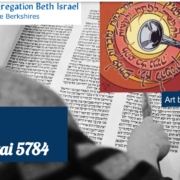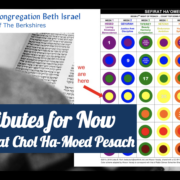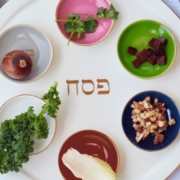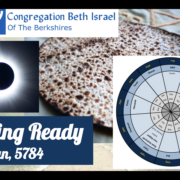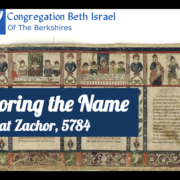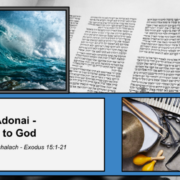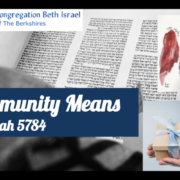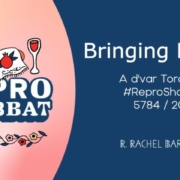“…Torah here names God as compassion and tenderness, and patience, forbearance, kindness, awareness. What if we could bring those qualities to bear on what we’re seeing on college campuses – could we respond from a more productive and meaningful place? How about bringing those qualities to bear on the experience of reading and discussing the news? How about bringing them to bear on how we treat each other, and ourselves?…”
This guest post is from Drew Zuckerman, who gave this teaching at our Second Night Community Passover Seder on Tuesday, April 23, 2024.
“…This year, the question that keeps coming up is: how do we prepare for Pesach after everything we’ve witnessed and felt over the last six months? Our collective hearts are broken. It’s different from the individual grief of a personal loss. I’ve been thinking about how we are not the first generation to celebrate Pesach during a difficult time. The story of moving from Mitzrayim to freedom was a beacon and a comfort for our ancestors. It can be that for us, too…”
“…This year I’m struck by the juxtaposition of blotting out the name of our adversary – and the entirely missing Name of that One we call God in the scroll we read at this season. Could there be a spiritual connection between the presence of the massacre in chapter 9 of Esther, and the absence of God’s name in this book? …”
“…We need community. We need oxygen. We need to put out the smoldering embers of anxiety and despair. We need beauty. And we need light. People talk about conflict generating more heat than light? We need it to be the other way around. In place of the fires of our fears and our conflicts, we need the light of wisdom, the light of insight, the light of hope….”
This guest post is the D’var Torah that CBI member and cantorial soloist Ziva Larson offered at Shabbat Morning Services on Saturday, March 2, 2024.
“…This is an easy platitude that can be difficult to live: especially when we disagree, or when we feel afraid, or when emotions run high. This understanding of community asks us to cultivate curiosity about each others’ perspectives and hopes and dreams, and to resist stereotyping each other or writing each other off. This might sound small, but it’s hugely important. I mean, according to Torah, this is literally how we make space for God in our world. …”
“…All week as I’ve been working on this d’var Torah, I’ve been struggling with the sense that nothing I’m saying here is new. We all know that the fall of Roe has had precipitous and terrible impacts. But it feels important to name these realities, again, and to remind ourselves that we have an opportunity and an obligation to try to help fix what has been broken…”
This guest post is the D’var Torah that CBI member and cantorial soloist Ziva Larson offered at Shabbat Morning Services on Saturday, January 27, 2024.

